Ever wonder why your groceries seem to vanish faster than your paycheck?
You walk into the kitchen expecting to whip up a quick meal, only to find wilted lettuce, moldy berries, and bread that’s turned into a science experiment. It’s almost like your fridge has a secret agenda to sabotage your budget.
But here’s the truth: the way you’re storing and managing your food could be costing you hundreds each year — and you might not even realize it. The good news? With just a few smart tweaks, you can turn things around and make your groceries last way longer than you thought possible.
**11 Smart Ways to Keep Your Groceries Fresh Longer**
Buying your own groceries not only supports a healthier lifestyle but can also help you cut costs. Still, it’s frustrating when food spoils quickly or you find yourself making another store run sooner than expected. The good news is that with a few smart strategies—like batch cooking and storing food properly—you can make your groceries stretch further than just a few days.
“Many people waste groceries because they don’t plan ahead and end up too exhausted to cook, especially at the end of a busy day,” explains registered dietitian Dina Garcia, RD, LDN, via email. “The key is to commit to easy meals—and actually make them—so your food doesn’t go to waste.”
Whether you’re guilty of overbuying or constantly dealing with quickly spoiling produce, you can save money and reduce waste with these 11 simple tips to make your groceries last longer:
**1. Start With a Plan**
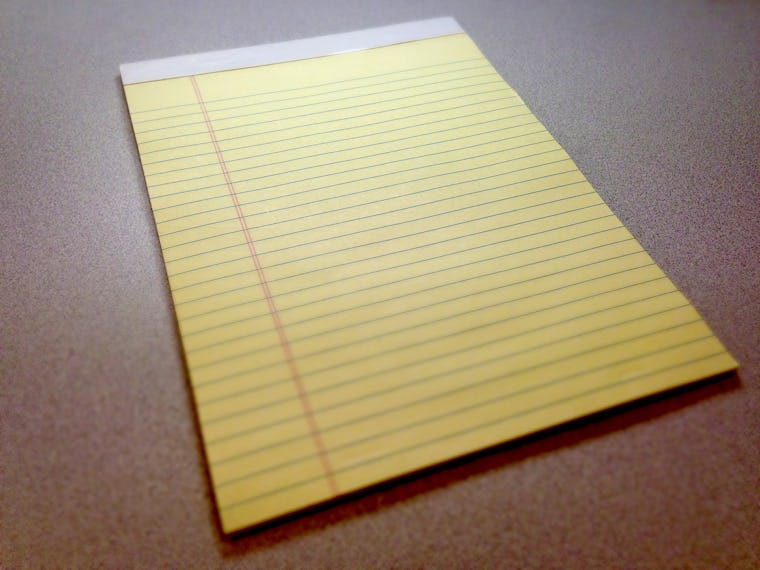
We’ve all wandered through the grocery store without a list, tossing in whatever looks good. Instead, Garcia recommends mapping out a basic weekly meal plan and building your grocery list accordingly. “Take stock of what you already have at home and plan your meals around those items,” she says. With proper planning, you can drastically reduce waste and limit grocery trips to every 7–10 days.
**2. Mix Fresh and Frozen Produce**
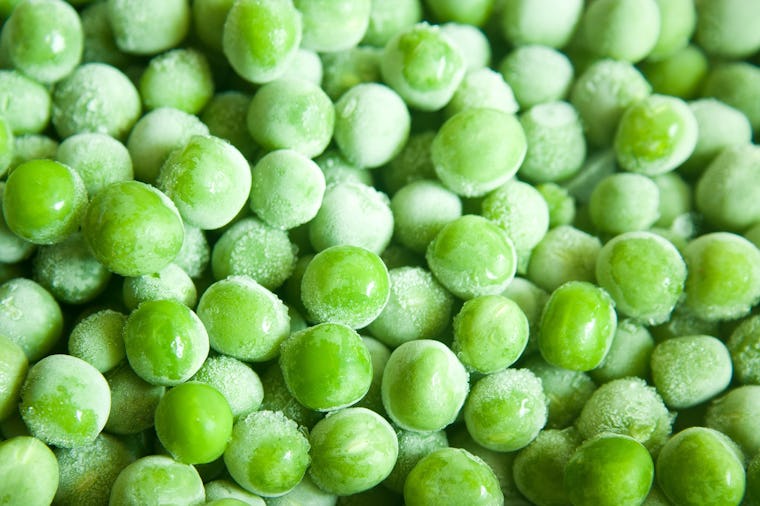
“Buy both fresh and frozen fruits and vegetables,” Garcia advises. “Use the fresh produce in meals early in the week, and save the frozen options for later.” Frozen produce is flash-frozen at peak ripeness, often preserving more nutrients than fresh.
**3. Add Paper Towels to Salad Greens**
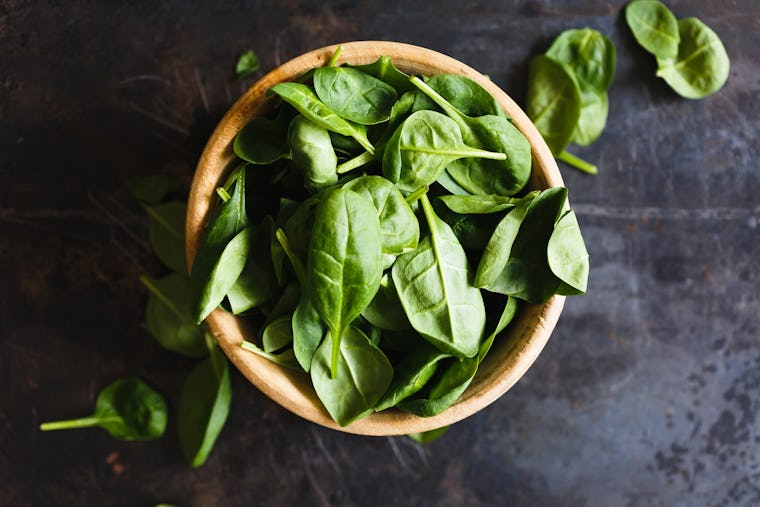
Nobody likes wilted spinach or slimy lettuce. If you buy delicate greens like arugula or spring mix, open the container when you get home and tuck a few paper towels inside. “They absorb excess moisture that can make greens spoil quickly,” Garcia says.
**4. Freeze Foods Before They Go Bad**
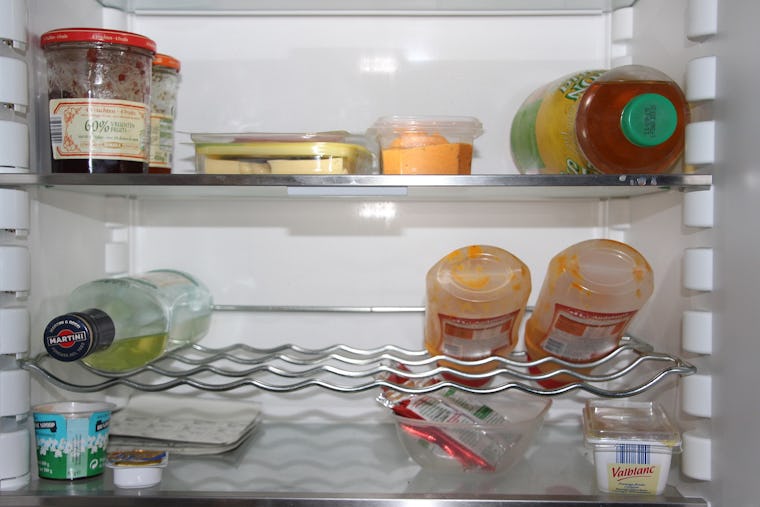
Got fruit nearing the end of its life? “Freeze it for future smoothies, sauces, or desserts,” Garcia suggests. The same goes for vegetables—store them in the freezer for soups, stews, or side dishes later on.
**5. Store Certain Produce Separately**
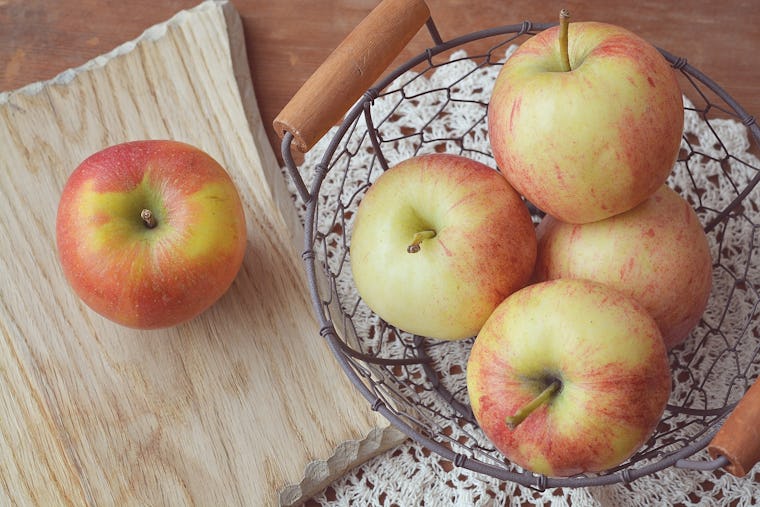
“Pay attention to how you store your fruits and vegetables,” Garcia warns. Some produce—like apples, tomatoes, and kiwi—release ethylene gas, which speeds up ripening. Keep those items away from more delicate produce like lettuce or berries to prevent early spoilage.
**6. Keep Food Where You Can See It**
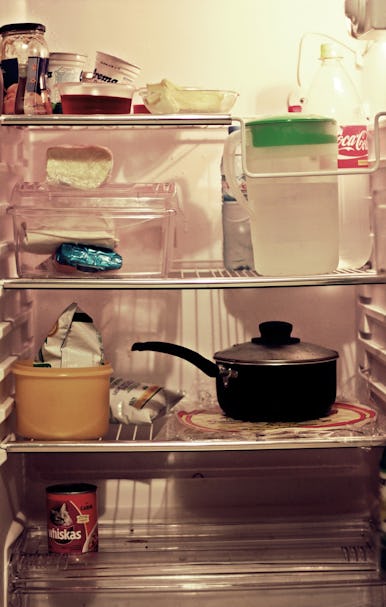
“Out of sight, out of mind” is real when it comes to groceries. Nutritionist Brooke Alpert recommends keeping fresh foods in plain view. “Put salad greens and perishables at eye level, and use drawers for longer-lasting items or bulk goods,” she says.
**7. Prep Before Putting Away**

“Wash, dry, and store berries and other produce right away,” says Alpert. “Prepping food makes it more convenient to eat, which means you’re less likely to forget about it.”
**8. Check Your Fridge Temperature**
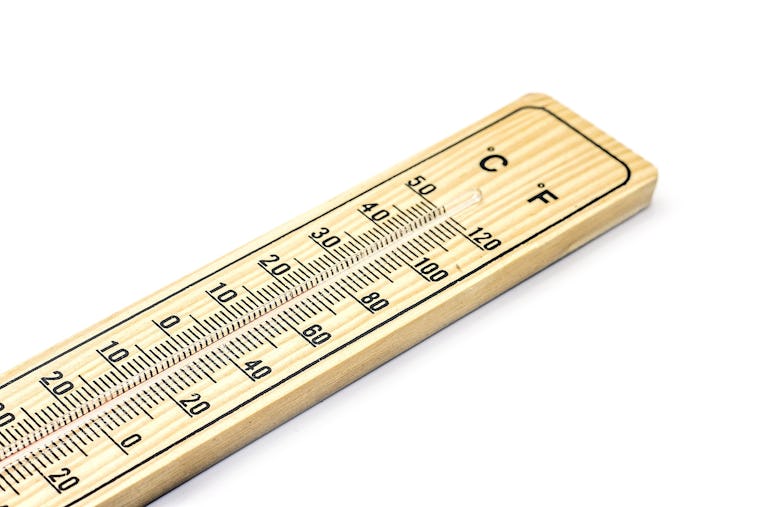
“If your fridge is too warm, your food can spoil faster—and even become unsafe,” says Kitty Broihier, MS, RD, LD. She recommends using a refrigerator thermometer and ensuring your fridge stays at or below 40°F (4°C), with the freezer set at 0°F (-18°C).
**9. Have Flexible “Use It Up” Recipes**
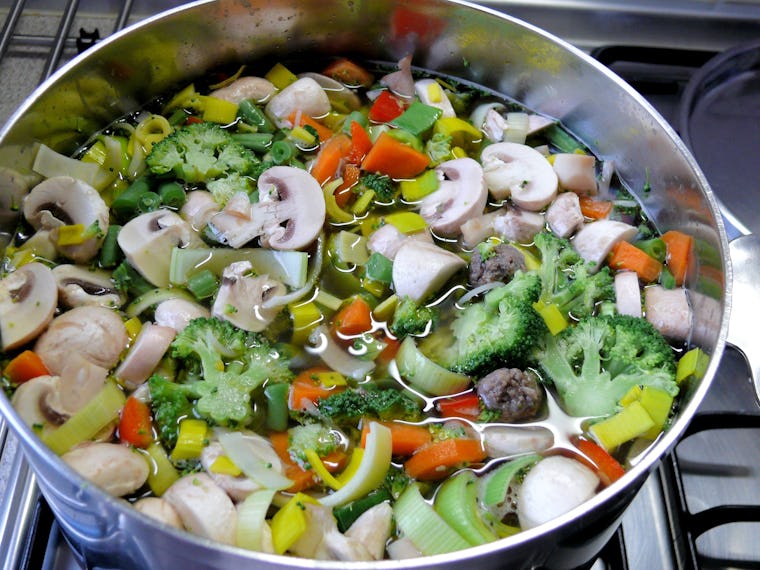
Keep a few flexible recipes in mind for using leftovers, Broihier suggests. “In winter, soups or casseroles are great for tossing in leftover ingredients. I like making crustless quiches or egg bakes all year using bits of meat or vegetables that need to be used up.”
**10. Skip Bulk Buys You Can’t Finish**
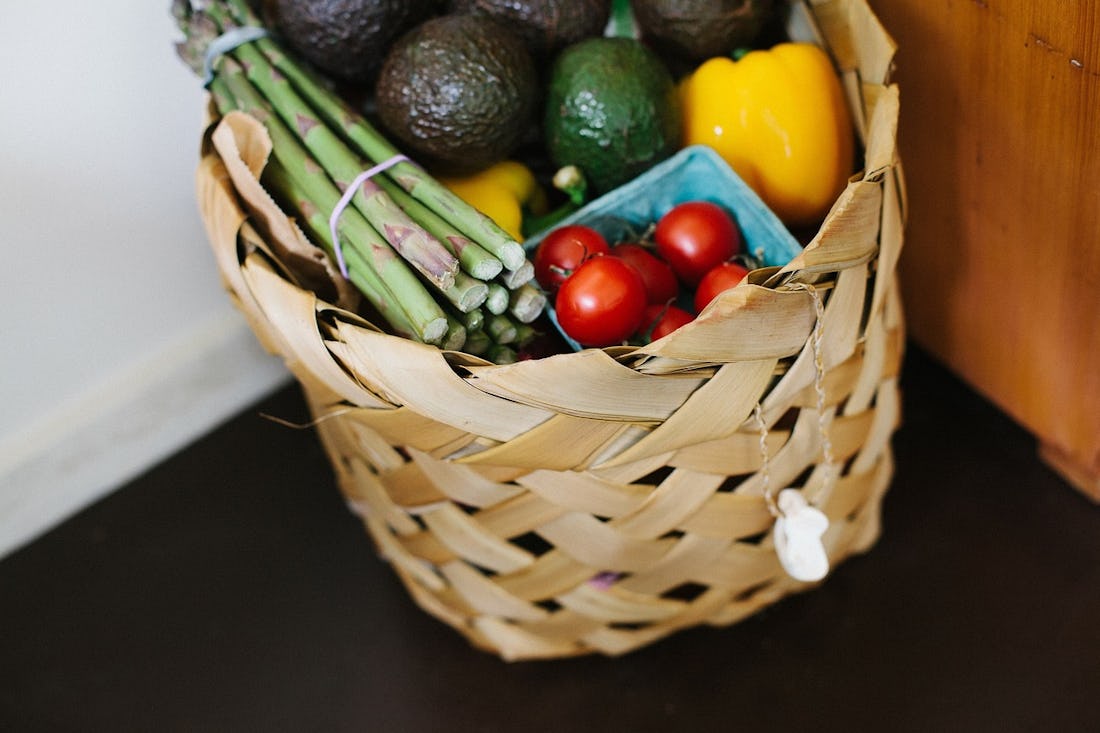
Buying in bulk can backfire if you can’t use the food before it spoils. “Six heads of lettuce won’t help anyone if they rot in your fridge,” Broihier notes. If you only need a small amount of something, check if it’s available at the salad bar—you can buy just what you need.
**11. Use Your Crisper Drawer Wisely**
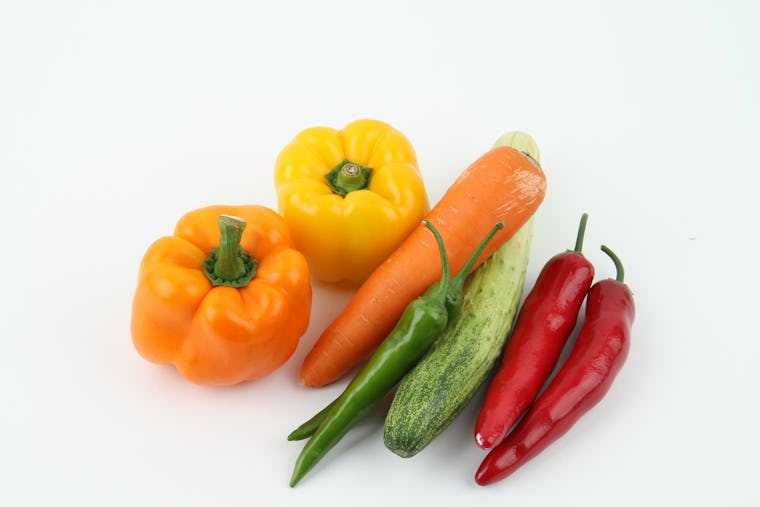
“The crisper drawer is great for storing items that benefit from moisture, like grapes, celery, and cucumbers,” Garcia says. But keep moisture-sensitive items—like berries and tender greens—out of the crisper, as the humidity can make them spoil faster.
Don’t hesitate to get creative in the kitchen. Sometimes, throwing together unexpected ingredients can lead to a delicious surprise—and fewer wasted groceries.
**Conclusion:**
Making your groceries last longer doesn’t require major effort—just a bit of planning, smart storage, and thoughtful shopping habits. By incorporating these simple strategies, you can reduce waste, stretch your budget, and always have fresh ingredients on hand when it’s time to cook. Whether it’s keeping greens crisp with paper towels, storing produce properly, or freezing items before they spoil, every small step adds up. With a little creativity and consistency, you’ll not only save money but also make the most of every grocery trip.
Ever Wonder Why Your Groceries Disappear Faster Than Your Paycheck?
You head to the kitchen, ready to throw together a quick meal, only to be met by limp lettuce, fuzzy strawberries, and bread that looks more like a science experiment than food. It might feel like your refrigerator is working against you—but the real culprit could be how you’re handling and storing your groceries.
The reality is this: poor food storage habits could be quietly draining your bank account. The good news? With just a few smart adjustments, you can significantly extend the shelf life of your groceries and keep your food fresher for much longer.
11 Smart Ways to Keep Your Groceries Fresh Longer
Buying groceries and cooking at home can be both healthier and more budget-friendly—but that only works if your food stays edible long enough to use it. Unfortunately, many of us end up tossing out food that spoiled before we got the chance. The key lies in how you shop, store, and prepare your meals. With a few simple shifts in your habits, your groceries can last far beyond just a few days.
“Food waste often comes down to a lack of planning. Many people are too tired to cook after a long day, and their groceries go bad before they’re used,” says registered dietitian Dina Garcia, RD, LDN. “Having easy, go-to meals ready makes it much more likely you’ll actually use what you’ve bought.”
Whether you tend to overbuy or struggle with fast-spoiling produce, these 11 practical tips can help you keep your groceries fresh and your wallet happy:
1. Begin With a Game Plan
We’ve all aimlessly wandered grocery store aisles, tossing appealing items into the cart without a second thought. Instead, Garcia suggests sketching out a weekly meal plan and shopping according to that guide.
“Start by checking what’s already in your fridge and pantry, and plan meals around those ingredients,” she says. This approach not only minimizes waste but also stretches your grocery trips to once every week or so.
2. Combine Fresh and Frozen Options
Stock up on a mix of fresh and frozen produce. Garcia recommends using fresh fruits and veggies early in the week and saving the frozen ones for later. Flash-freezing locks in nutrients at their peak, and having frozen options on hand ensures you always have ingredients ready to go, no matter what’s in your fridge.
3. Line Salad Greens With Paper Towels
If your leafy greens always seem to wilt too quickly, try this simple trick: place a few paper towels inside the container once you get home. This absorbs the moisture that speeds up spoilage, helping greens like spinach and arugula stay fresh longer.
4. Freeze It Before It Goes Bad
That browning banana or softening zucchini doesn’t have to go in the trash. Garcia advises freezing produce that’s nearing its end. Fruit can be frozen for smoothies or desserts, while vegetables can be stored for soups, stir-fries, or side dishes later.
5. Store Produce the Right Way
Not all fruits and vegetables get along in storage. Some, like apples, tomatoes, and kiwis, emit ethylene gas—a natural ripening agent that can make nearby produce spoil faster. Store ethylene-producing items separately from more delicate foods like leafy greens and berries to preserve freshness.
6. Make Your Food Visible
You’re more likely to forget about perishables tucked behind condiments or hidden in drawers. Nutritionist Brooke Alpert suggests placing fresh, ready-to-eat items at eye level in the fridge. Use lower drawers for heartier produce or bulk items that don’t spoil as quickly.
7. Prep as Soon as You Unpack
Rather than letting your groceries sit unwashed until later, take a few minutes to clean and store items like berries right after unpacking. Alpert notes that prepping food in advance makes it easier and more appealing to use, meaning it’s less likely to go to waste.
8. Set the Right Fridge Temperature
A warm fridge can lead to spoiled food and even potential health risks. Nutrition expert Kitty Broihier, MS, RD, LD, recommends using a thermometer to ensure your fridge stays at or below 40°F (4°C) and your freezer is at 0°F (-18°C). The right temperature extends the life of your groceries and keeps them safe to eat.
9. Have Go-To Recipes for Leftovers
Leftovers don’t have to be boring. Broihier encourages keeping flexible recipes in mind that allow you to use up odds and ends. Think hearty soups, casseroles, or frittatas—easy ways to transform random leftovers into satisfying meals.
10. Avoid Buying in Bulk (If You Won’t Use It All)
Buying in bulk can seem economical, but it’s only a good deal if you actually consume everything. “Don’t buy six heads of lettuce if you’ll only use two,” Broihier warns. When you need a small amount of something, check if your store offers a salad bar or bulk bin section where you can get just what you need.
11. Use the Crisper Drawer Correctly
The crisper drawer isn’t a catch-all—it’s designed to maintain specific humidity levels. Garcia explains that it’s perfect for moisture-loving produce like cucumbers, celery, and grapes. But more delicate items, such as berries or soft greens, may fare better outside the crisper, where it’s drier.
Don’t Be Afraid to Get Creative
Sometimes, using what you have means trying something new. Combining unexpected ingredients might lead to a surprisingly delicious meal—and it’s a great way to reduce waste.
Conclusion:
Preserving the life of your groceries doesn’t require complicated hacks—just a few smart habits. From storing food in the right conditions to planning meals with intention, these small steps can lead to big savings and less waste. By freezing what you won’t use right away, prepping produce ahead of time, and keeping food in plain sight, you’ll make the most of every grocery run.
The result? Fewer trips to the store, more meals from what you already have, and a lighter load on your budget. With a little thought and consistency, you’ll find that your kitchen runs more smoothly—and your groceries last a whole lot longer.
